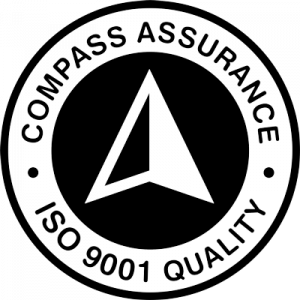The best advice about funding? Get advice early in the project lifecycle.
We recommend obtaining an indicative funding offer during your feasibility stage. Going through the process of obtaining an indicative funding offer will answer the following questions:
- Can I afford the project?
- How much equity and cash reserves will I need?
- At what point in the process will the funder kick in with funds?
- Will I be able to cash flow all the design and approvals until the funding kicks in for construction?
- How many pre-commitments will I need to get and what budget do I need to set aside to obtain them?
- What will the cost of my finance be?
- Should I be leaning towards bank funding or private funding?
- Where can I as the developer create the most amount of equity on my project other than an increase in land value?
Funding won’t kick in on projects until the developer has put in sufficient equity under the funding agreement with the funder. In most cases, funding kicks in in the second or third drawdown during construction.
This means that the developer needs to fund everything on the project up until this point. This includes—but isn’t limited to—all the design documentation fees, other professional fees, authority fees associated with approvals, marketing costs, sales commissions payable for any presales and any legal costs.
It is a monumental capital and energetic investment to get the project to a point where funds start to be released by the funder.
In the past, I’ve seen a lot of developers run out of funds.
They’ve underestimated both the capital required to get the project to construction and the difficult funding conditions imposed by the funders.
To avoid this, it’s best to put a strategy in place that considers how you can cashflow all the required moving parts in the Pre-Construction stage of the project to ensure you know you are spending your own equity in a very considered approach.




